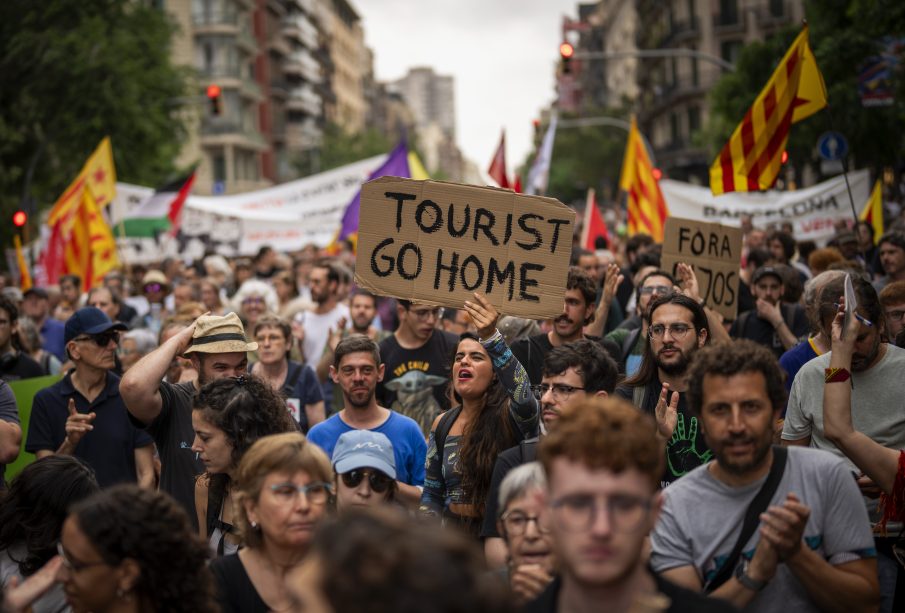Spain’s Stance on Airbnb Holiday Rental Violations

Introduction
Airbnb has transformed the landscape of holiday rentals in Spain, offering travelers unique accommodations and helping homeowners monetize extra space. However, this growth has come with significant challenges. Local governments are increasingly clamping down on what they deem violations of rental laws. Understanding these regulations is crucial for both hosts and guests who wish to navigate this market safely and ethically.
Background of the Issue
Spain is one of the top tourist destinations in the world, attracting millions of visitors each year. The proliferation of short-term rentals through platforms like Airbnb has contributed to both the economy and mounting tension within local communities. While Airbnb provides an opportunity for supplemental income, concerns about excessive noise, waste management, and the transformation of residential areas into tourist zones have prompted regulatory responses.
Current Regulations and Violations
As of late 2023, Spanish authorities have intensified enforcement of existing regulations regarding holiday rentals. Each region in Spain has its criteria for compliance, with some cities, including Barcelona and Madrid, introducing strict limits on rental licenses. For instance, in Barcelona, hosts must register their properties and adhere to specific area limits to prevent overtourism.
The fines for operating unlicensed rentals can be steep, with penalties often reaching thousands of euros. Recent crackdowns have seen numerous hosts fined or even shut down entirely, sending a clear message about compliance. In addition to financial penalties, authorities are also working to increase public awareness about the importance of adhering to residential standards.
Impact on the Rental Market
The increased scrutiny has caused some to question the viability of short-term rentals in major Spanish cities. While licensed Airbnb hosts continue to operate under defined regulations, many potential hosts are hesitant to enter the market due to stringent local laws. Furthermore, established hosts are altering their rental strategies, often reducing nightly rates to fill vacancies that may arise from regulatory uncertainty.
Conclusion
The ongoing battle between tourism, property owners, and local governments in Spain regarding Airbnb violations illustrates a broader trend seen in many popular travel destinations. Balancing economic benefits with community welfare will be crucial for the future of holiday rentals. As cities work to implement and enforce these regulations, prospective hosts and travelers should remain informed on local laws to ensure compliance and foster a sustainable tourism environment. In a world increasingly reliant on shared economies, navigating these waters will be essential for continued enjoyment of Spain’s vibrant hospitality scene.









